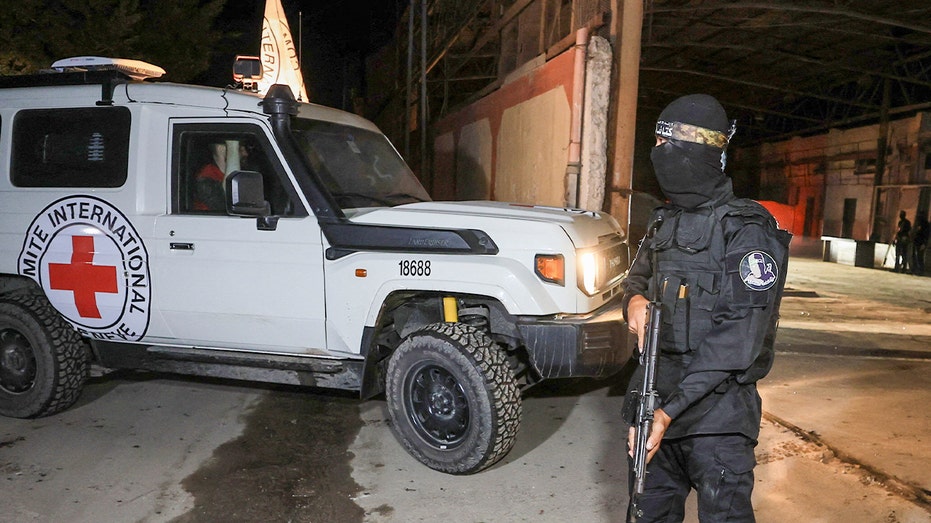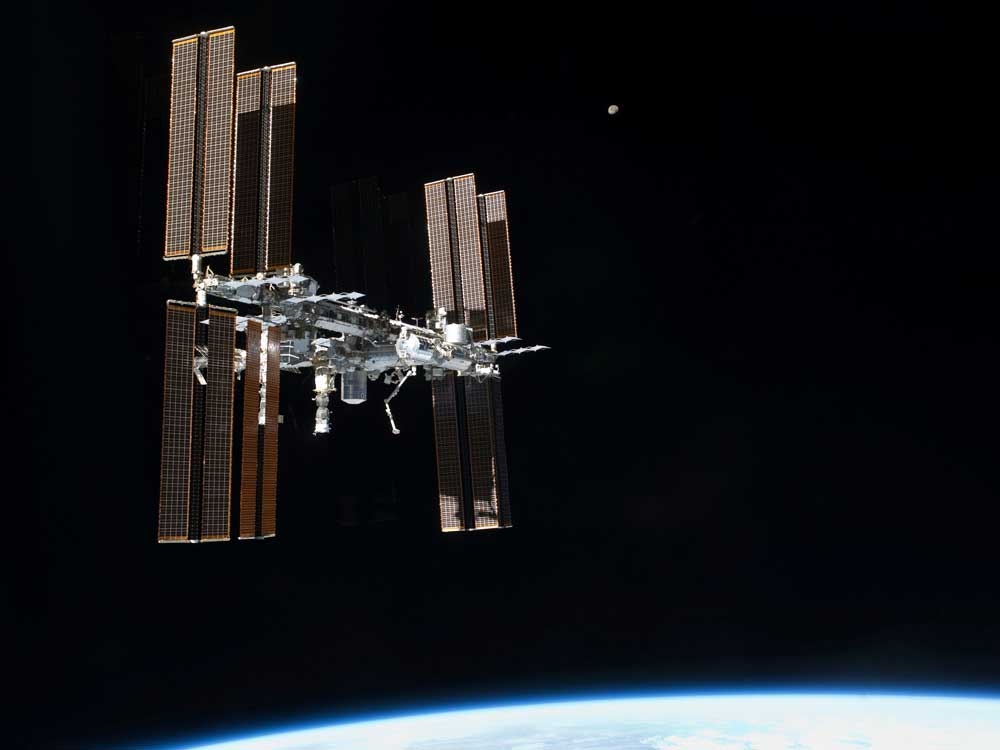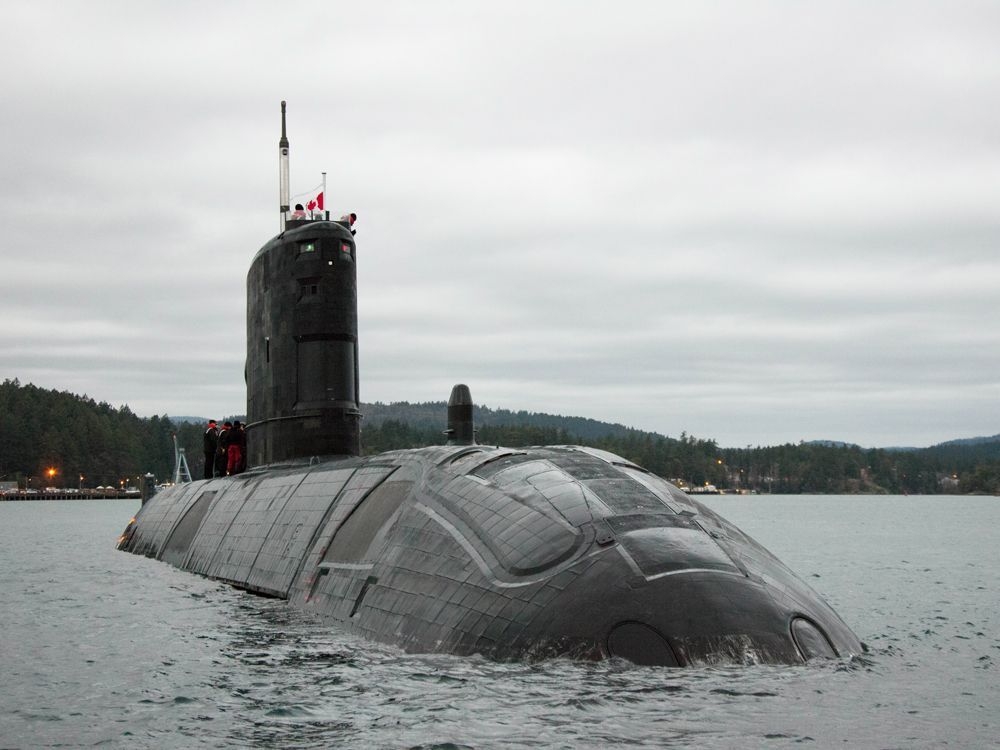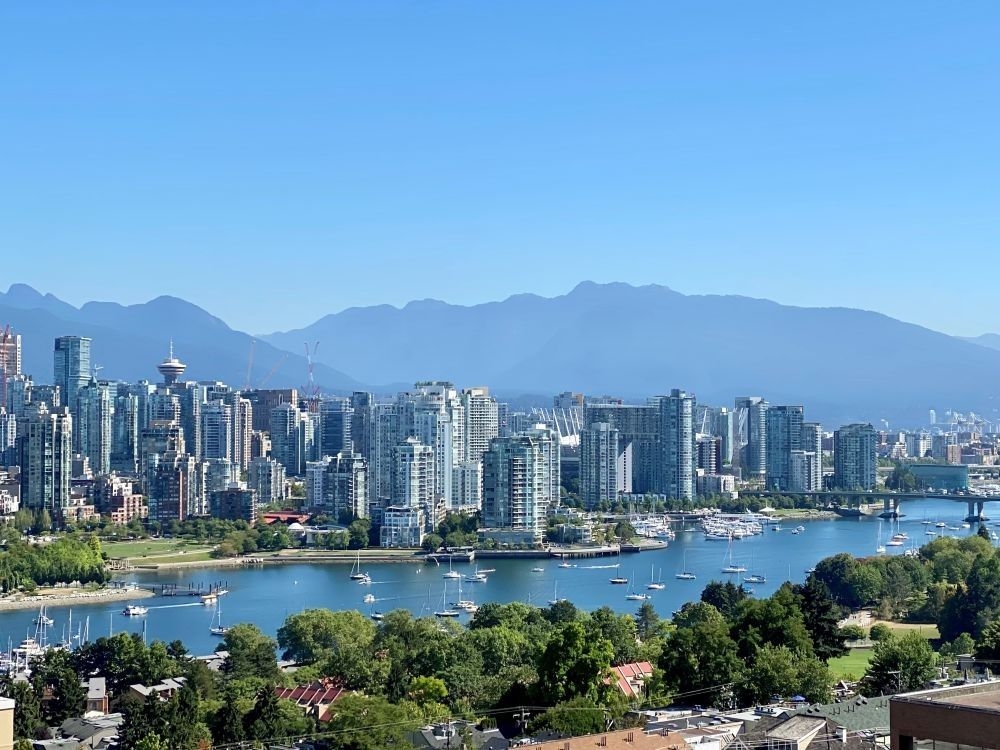A monstrous hurricane, Melissa, slammed into eastern Cuba early Wednesday, unleashing its fury near the city of Chivirico. The storm, a Category 3 with sustained winds of 115 mph, had already carved a path of destruction across Jamaica as one of the most powerful Atlantic hurricanes ever recorded. Hundreds of thousands in Cuba sought refuge in shelters, bracing for the onslaught.
The hurricane’s relentless advance prompted widespread warnings across Cuban provinces – Granma, Santiago de Cuba, Guantanamo, Holguin, and Las Tunas – alongside the southeastern and central Bahamas. As dawn broke, Melissa churned 60 miles west of Guantanamo, Cuba, and 230 miles south of the central Bahamas, continuing its northeast trajectory at 12 mph.
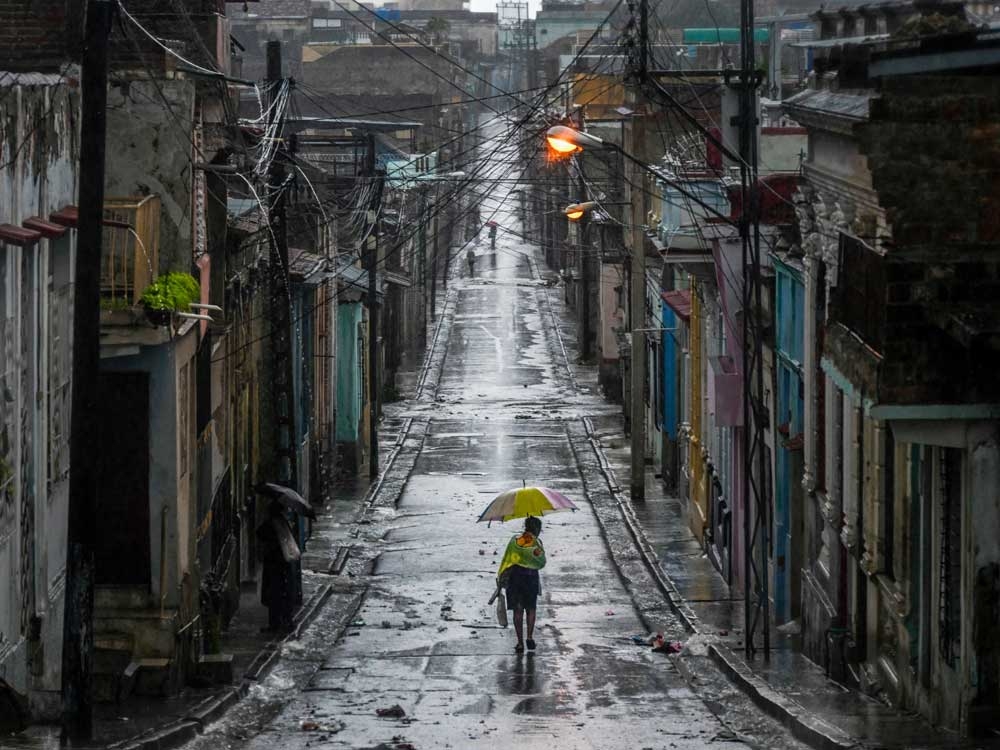
Forecasters urgently warned residents to remain sheltered, emphasizing the critical need to finalize preparations in the Bahamas. While Melissa was expected to weaken as it crossed Cuba, it remained a formidable force, poised to impact the southeastern or central Bahamas later Wednesday, and potentially threaten Bermuda by late Thursday.
The immediate danger wasn’t just the wind. Intense, prolonged rainfall threatened life-threatening flooding and widespread landslides, particularly across eastern Cuba. Predictions indicated up to 20 inches of rain could fall in some areas, with a potential storm surge reaching 12 feet.
Melissa’s initial impact on Jamaica was devastating, with peak sustained winds reaching a terrifying 185 mph. Reports detailed extensive damage in Clarendon and St. Elizabeth, the latter described as “under water.” Four hospitals sustained damage, forcing the evacuation of 75 patients due to a complete power outage at one facility.
Across Jamaica, over half a million customers were left without power, and downed trees and power lines littered the landscape amidst widespread flooding. Authorities aimed to reopen all airports by Thursday to expedite the delivery of vital emergency relief supplies.
The storm’s reach extended beyond Cuba and Jamaica, tragically claiming lives across the Caribbean. Seven deaths have been attributed to Melissa, including three in Jamaica, three in Haiti, and one in the Dominican Republic, where another person remains missing.
Cuba faces a particularly grim challenge. Already grappling with a severe economic crisis – marked by prolonged power outages and shortages of essential goods – the hurricane threatens to exacerbate existing hardships. President Diaz-Canel acknowledged the immense task ahead, vowing that “no one is left behind” and assuring the population that all resources would be dedicated to protecting lives.
He also cautioned against underestimating Melissa’s power, describing it as the strongest storm to ever strike the nation. Classes were suspended in provinces stretching from Guantanamo to Camaguey as early as Monday, demonstrating the seriousness of the impending threat.
